Nurses have a hard job. They’re up all day caring for dozens of patients. They have to assist with procedures and keep pace with people nearly sprinting through the halls to attend to critical care situations.
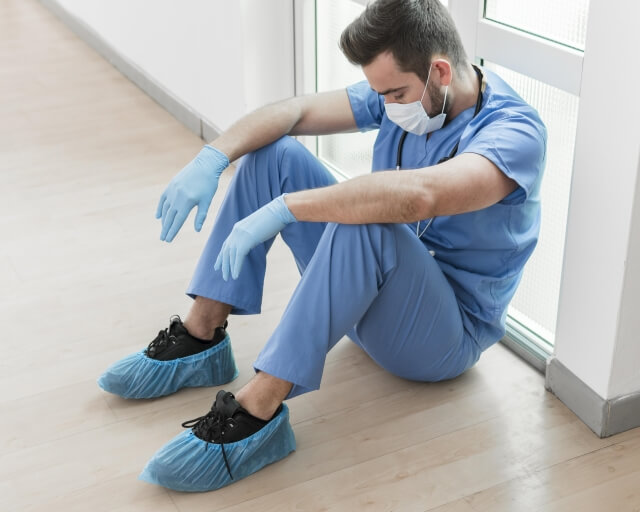
Working in a hospital is like running a marathon every day. And what is a marathon runner without good shoes?
Dress For Success
The most important piece of equipment for a nurse on the job isn’t the scrubs or smock or hairnet. The most essential piece of fabric for a nurse going to be a face mask and gloves, but those – like scrubs – are also disposable. They’re meant to get dirty, get thrown out, and replaced. A well-worn pair of scrubs is a sign of a nurse who hasn’t been exposed to enough of the hospital’s daily duties.
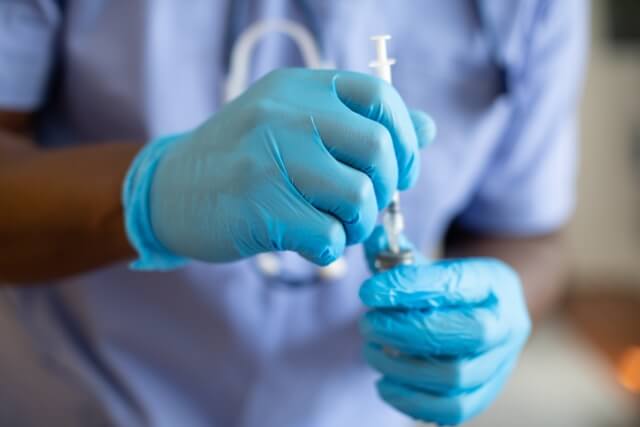
One piece of clothing that’s harder to dispense is shoes. Good shoes can stay around for a long time. Disposable shoes aren’t effective at anything a good shoe needs to do. That’s why owning and taking care of a good pair of shoes is as vital as covering your mouth or wearing gloves.
What do Good Shoes Do?
What makes a pair of shoes good enough for work in a hospital environment? There are a few factors that go into what makes shoes worth having. It’s not about style or brand recognition, either. A really good shoe is one that won’t leave you aching at the end of one day and sore going into the next.
Shoes need good arch support so that you feel comfortable and balanced whether you’re standing, walking, or running. They should conform nicely to the shape of your feet so you never feel constricted or get bruises/blisters from being rubbed the wrong way for hours at a time.
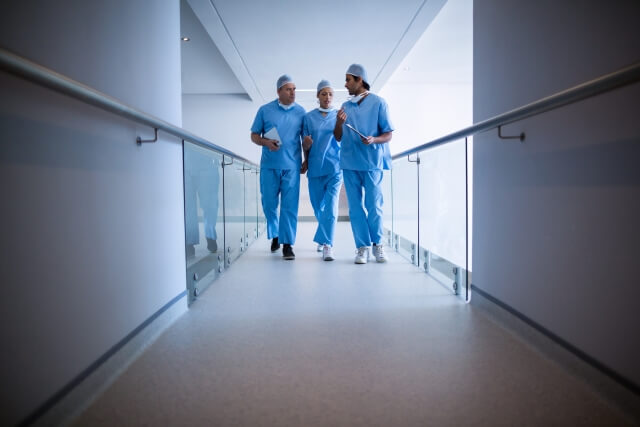
Obviously, the shoes should be lightweight and breathe easily. Light weight means easier walking, and having them air out means you won’t get wet feet from sweat collecting. Lighter fabric and material are also easier to clean. Some shoes are washing-machine safe so even if they do suffer a spill, you can still make them as good as new.
While a good shoe should breathe, it shouldn’t be so thin that it lets all the bad materials in. You don’t want something that soaks and leaks from whatever gets spilled on it. It should be durable and safe to wear in an environment where certain dangerous materials may be present.
The Benefits
If you move from a standard, cheap, and otherwise unimpressive pair of shoes to a well-constructed and comprehensive pair, you’ll notice a difference pretty quickly. If your shoes don’t fit well your running form will worsen. Even if you don’t run all day, the times you do need to run in a hospital are crucial. Form-fitting and comfy shoes will make you faster.
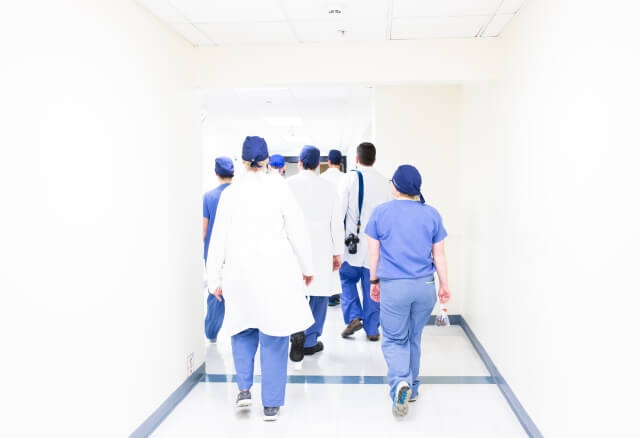
This also means you’re less likely to have an accident. If you’re rushing, you may slip. Good shoes will have traction to grip the floor, so you get one extra chance to stop yourself before a fall. Loose shoes will just trip you harder. This makes it even worse if you have to carry someone – now you’re falling for two.
There are all kinds of pains a nurse has to deal with. So many that a nurse may end up becoming a patient from the collection of aches and strains gained over long work weeks year after year. Good shoes help keep better posture, which goes from the feet all the way up to the neck. If you’re standing comfortably then you’ll be able to move comfortably, too.
Don’t Look Down on Footwear
A proper pair of shoes can help make the nursing job a little easier. In a job where you’re expected to lift, carry, and care for all sorts of people all day, every day, without a pause, a little extra help can make a world of difference.
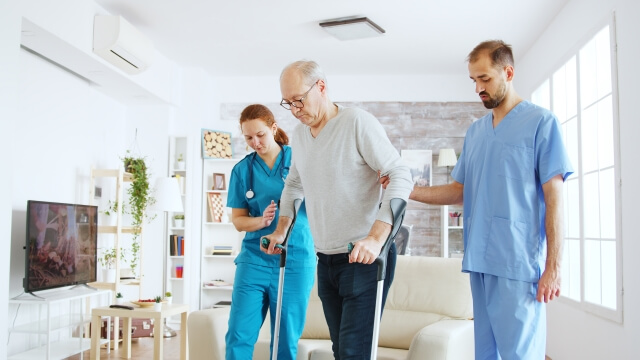
Choosing good shoes is as important as choosing the right set of tools for each procedure.
